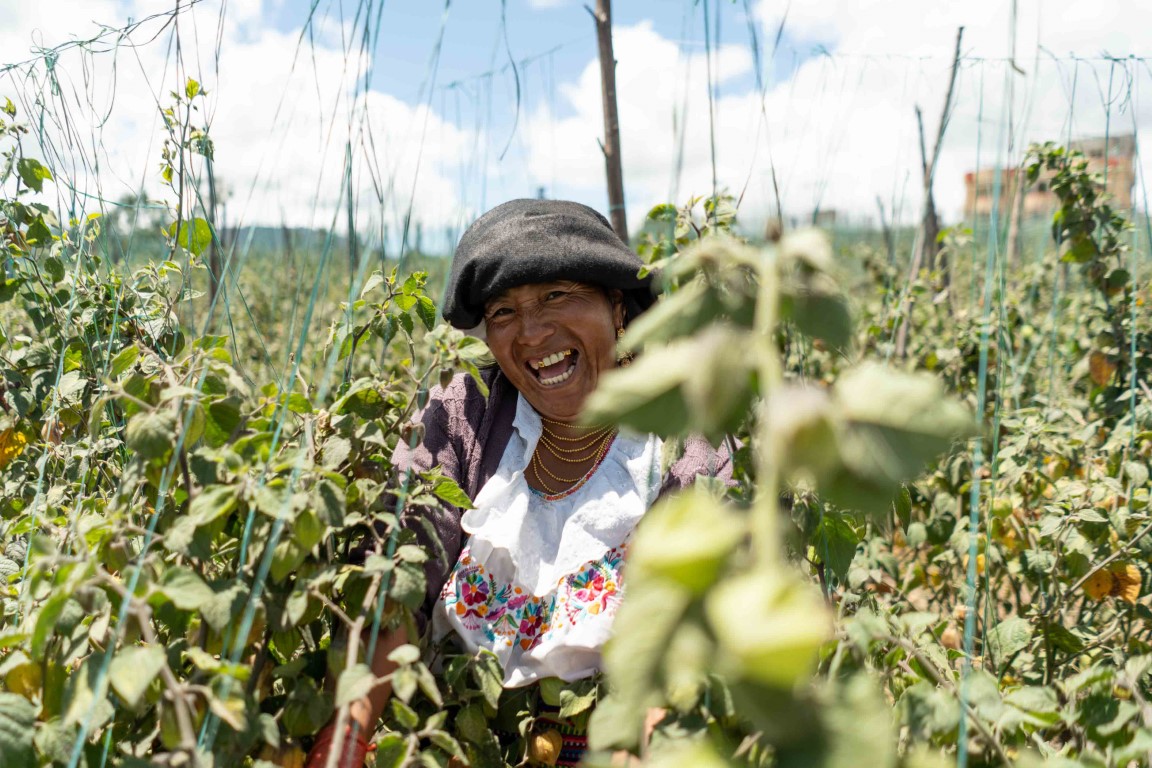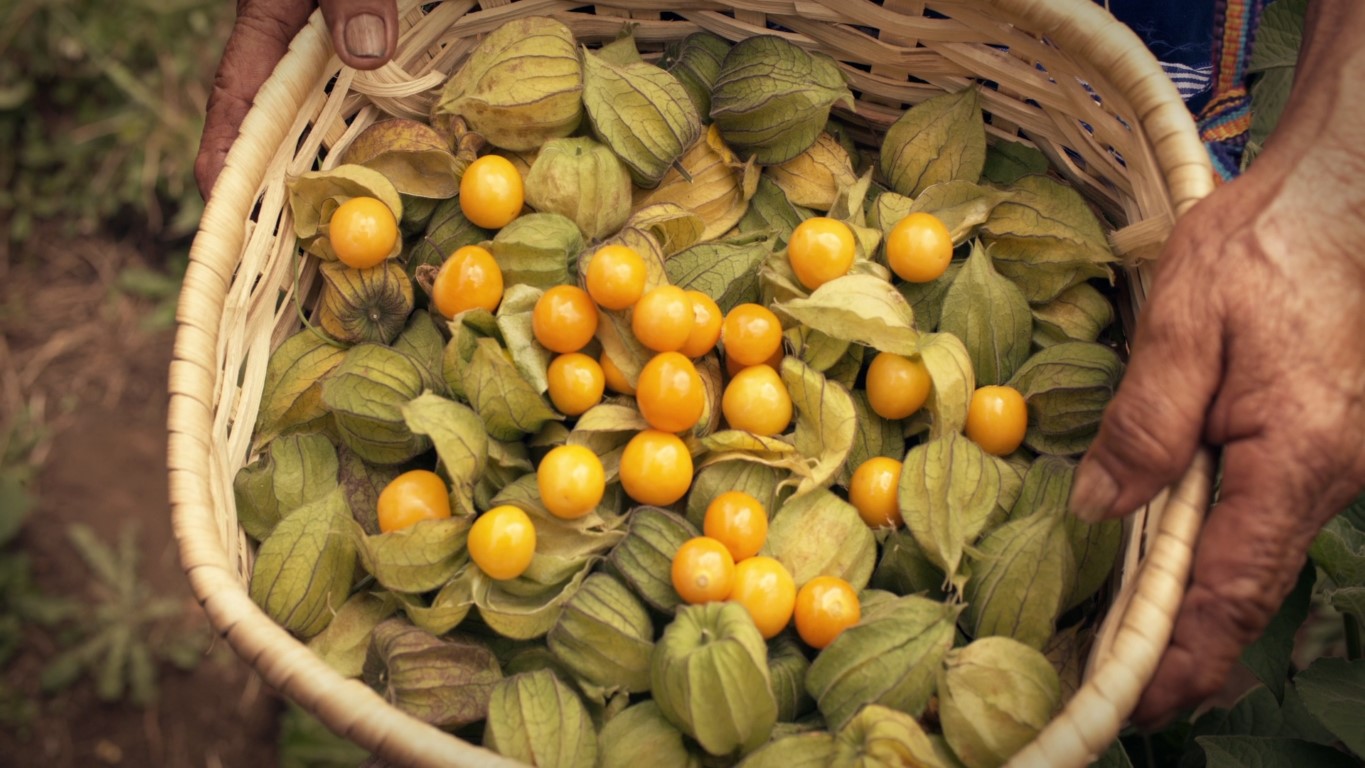From its long history of consumption in the Andes, Goldenberries are becoming increasingly popular as a global “superfood.” Rising demand creates both increased supply chain challenges and increased opportunities to create more positive impacts for farmers and the environment. The Goldenberry Plan includes initiatives to support critical social standards (avoiding child labor, supporting gender inclusion etc.) and also amplify beneficial impacts to communities and environments (tree planting programs, purchase commitments etc.).
Formally launched in 2019, the Goldenberry Plan builds on years of direct farmer support programs Terrafertil has engaged in, and a core value to include farmers as key stakeholders of the company.
We have framed our core goals and metrics to be in line with the United Nations Sustainable development Goals:




By framing our local actions within four of the UN SDG’s, the Goldenberry Plan is aligned with globally recognized sustainability priorities

Based on the Sustainable Development Goals, we have developed the following operating plan and Key Performance Indicators to generate progress toward these goals in the Goldenberry Value Chain:
| SUSTAINABLE DEVELOPMENT GOALS | ACTIVITIES | KEY PERFORMANCE INDICATORS (KPI'S) |
|---|---|---|
| Life on land & Responsible production | Maintain and expand organic certification in Ecuador and responsible sourcing in Colombia | # Certified farmers |
| # Certified hectares | ||
| % traceability | ||
| Provide farmers with high quality plants at the beginning of each planting season | # Plants distributed | |
| Plant survival rate | ||
| Train farmers in sustainable production methods: Technical field visits and Farmer Field Schools (FFS) | # Farmers trained | |
| % Productivity increase | ||
| Watershed reforestation program to combat desertification | # Trees planted | |
| No poverty, Decent work and economic growth | Establish guaranteed, fixed prices with each association at the beginning of each year or harvest cycle and purchase full volume commitment from each farmer | $$ paid to associations for goldenberry purchases |
| Social premiums to associations to support management and uphold fair trade principles | $$ Premiums paid | |
| Combat child labor by strengthening participation in UNICEF Child labor network, developing comprehensive policies, and farmer training | % Children in school | |
| % farmer contracts with child labor prevention clause | ||
| # Farmers trained | ||
| Improve farm profitability by increasing productivity and net income per family | Farm productivity (volume produced / hectare) | |
| Strengthen the profitability, management and governance of farmer associations. | Farm profitability (net profit / year) | |
| Association Profitability (net profit / year) | ||
| Member approval ratings of association management | ||
| % of women leaders (and employees) | ||
| Sustainable production and consumption | Responsible management of waste, efficient use of energy and responsible sourcing practices upheld | Maintence of government certifications for responsible environmental practices |
| Improved waste management by building on-farm composting sites | # of composting sites for farmers |
Underlying all these activities are transparency and partnerships. We partner closely with Aliados, a leading non-profit organization who specializes in scaling sustainable value chains and working with farmers in the Andes and Amazon. Aliados supports the implementation of the plan and ensures a rigorous metrics and evaluation plan is followed. Terrafertil is also an active member of the “Network of companies for an Ecuador free of Child Labor” hosted by UNICEF, and partners with leading universities to further develop efficient and sustainable agricultural management programs.
